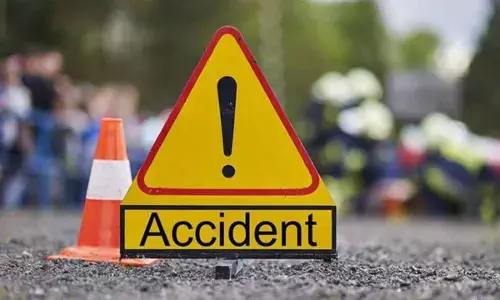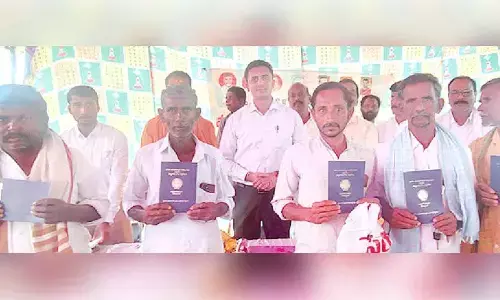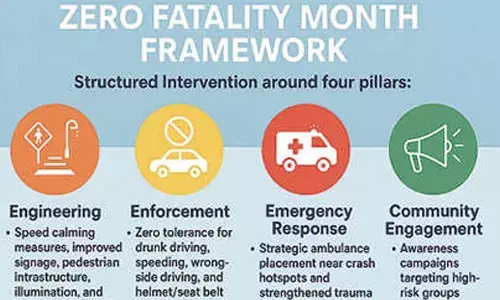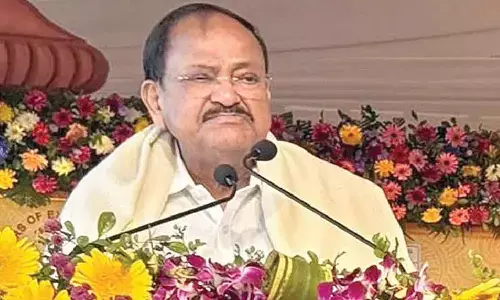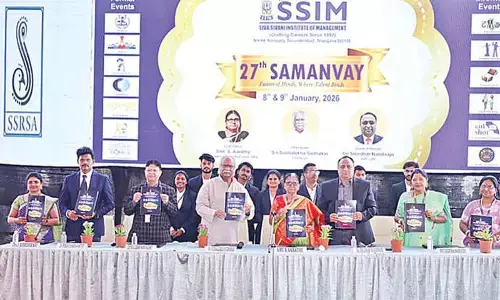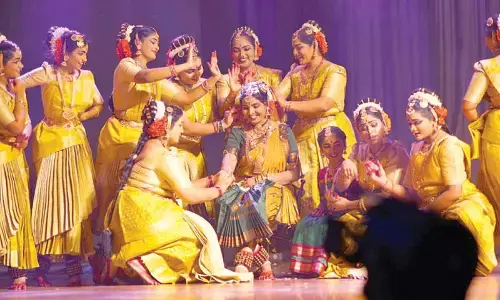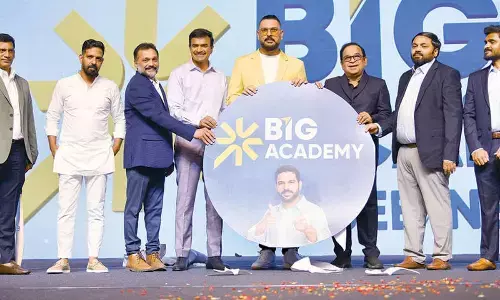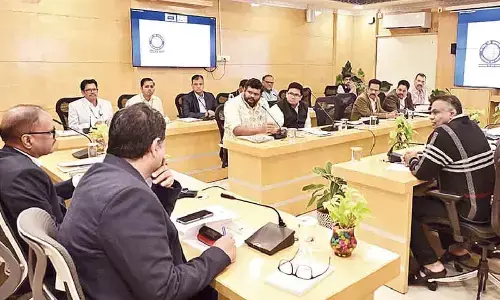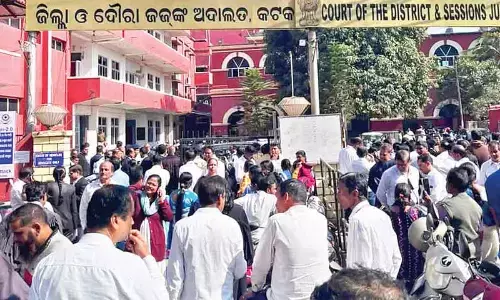Let truth prevail
Let truth prevail, S Madhusudhana Rao, Satyamev Jayate, Aamir khan's Satyamev Jayate. Take, for example, the issue of rape, the subject of Aamir’s opening episode in the sequel.
Satyamev Jayate means let truth prevail. It is a Vedic edict that is cherished more in notion than in practice. In this age, its utterance sounds surrealistic because we know truth can be distorted beyond imagination. Similarly, lies could be turned into truths and vice versa. So, when actor Aamir Khan opened the second season of his hugely popular show Satyamev Jayate last Sunday with today’s burning problem rape, the response was immense.
His first series of weekly programmes in 2012 on social issues and scourges had had bouts of criticism and bouquets. But they did raise the conscience of millions of TV viewers and one particular episode on popularising generic medicines did have an impact on the government. The point is not whether his sequel would influence the powers that be but whether more such programmes would make a difference and change the mindset of people, particularly in rural areas where atrocities of all sorts go mostly unreported, unattended and unanswered.
When the small screen, unfairly called the Idiot Box, can influence crores of people, TV is the best medium to reach out to people and bring about a change in their attitude towards social problems and behavior towards fellow human beings. But the larger question is have such soul-searching programmes as shown earlier had the desired effect on the populace in general and the country’s leaders in particular?
Take, for example, the issue of rape, the subject of Aamir’s opening episode in the sequel. The gang-rape of a paramedic in a running Delhi bus on December 16, 2012 jolted the nation’s conscience to such an extent that the government was forced to enact new laws to deal with atrocities against women and to bring the culprits to book in fast-track courts. But, has the number of rapes come down? No. Sadly, the brutalities have increased and in most of the cases males have turned themselves into sex maniacs and lusty beasts. That proves there is no perceptible change in the system. That means either the laws are too weak to potently deal with rapists or the official machinery is too lax to act on complaints. On both counts, women, irrespective of their age, are at the receiving end.
Aamir might have done yeomen service with his powerful presentation by explaining to his audiences the nuances of filing the First Information Report after rape and seeking medical aid in a hospital as a matter of right. But victims know it prevails only when they have the might or dogged determination to bring the rapists to book. Otherwise, ordinarily, the complainants are either shooed away or bribed into accepting some money.
Rape is not only a blot on the society but also a legal issue since letting the offenders go scot free will have serious repercussions on societal values and traditional norms. While parliament can legislate, the implementation of laws lies with police and the judiciary oversees their enforcement by penalising the violators of law. The missing link is the people who should be educated about their rights and encouraged to approach the official machinery to redress their grievances. In other words, they should make themselves heard by raising their voice and by making noise.
That is where icons like Aamir and Sachin Tendulkar can play a social role in stirring up the public conscience. If stars and sports personalities can’t do it, probably none can as the reach of the people’s heroes and heroines is wide and their appeal is vast. Then why only one person is doing it when dozens of role models outside the political field are shining across India? Is it the money that appeals or is it lack of will on the part of producers – and more importantly promoters and advertisers – that deter many wannabes from espousing social causes on the TV? We can’t say; but producers go where the till rings like reality shows and sitcoms, not to those that pontificate. In any case, do the programmes that seek social change impact the lives of ordinary people and make officials take cognizance of problems of lesser mortals?
It’s a question that needs research. While politics and entertainment are the mainstay of hundreds of 24X7 TV channels, highlighting social problems, which was earlier done by reformers through their books, is rarely done for the simple reason that they need in-depth studies and proper and powerful presentation to drive the point right across different strata of viewers. An arduous task, indeed, given the easy route most of the channels take.
Nevertheless, it is time some content in the programmes is devoted to social causes that have profound effect on the daily life of people. Rape is only one subject. Equally important are dowry deaths, illiteracy, child marriages, obscurantism, corruption, civic manners, tax dodging, khap panchayats, fake drugs and goods and many more.
To make the laws meaningful, every citizen should be made responsive which in turn makes people’s representatives responsible and accountable. In other words, activism in some fields, often seen among vested interest groups, will not help the majority of population and doesn’t percolate down to the grass-root level. To make it truly representative and all encompassing, a wider coverage of the social issues is needed in the most powerful medium without overkill.
It’s a challenge, no doubt, but given the enormous talent and funds the TV channels have at their disposal – if they don’t have they are capable of roping in promoters – they can do it. If it is considered as a national mission, even the government can fund such programmes provided it doesn’t take them up as a means of propaganda.
If we want to let the truth prevail, it needs nurturing at every level and by everyone.








